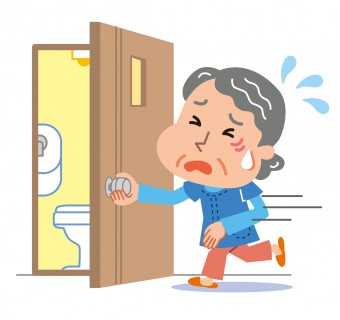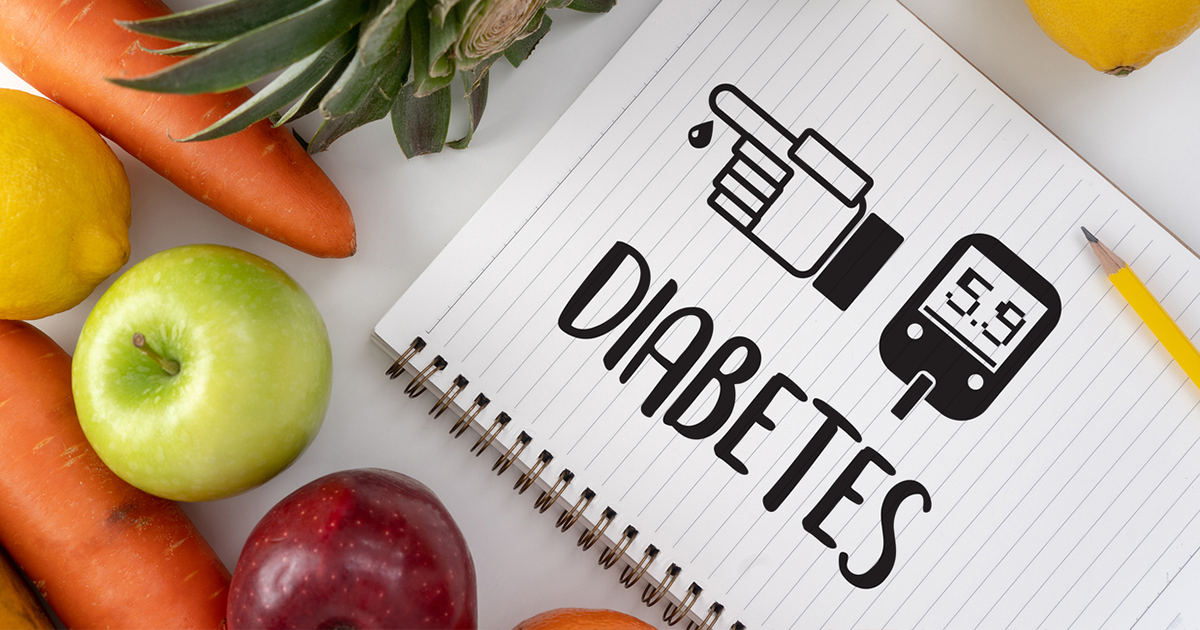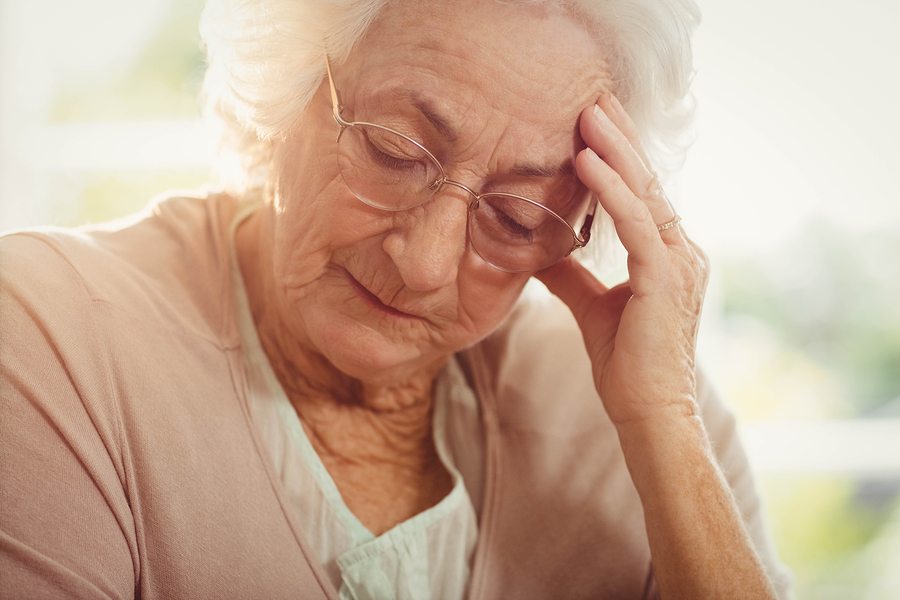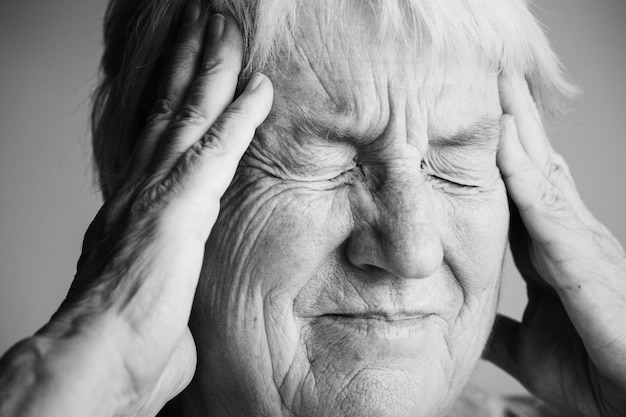Managing Urinary Incontinence

Urinary incontinence is defined as unintentional leakage of urine in an adult. In the case for seniors, it is a serious implication and requires comprehensive and holistic approach to tackle it. Managing incontinence is critical for seniors to maintain their independence and overall emotional, psychological and social life. While many statistics worldwide have proven that seniors have the highest rates of incontinence, it is still a treatable condition.
Read more →







